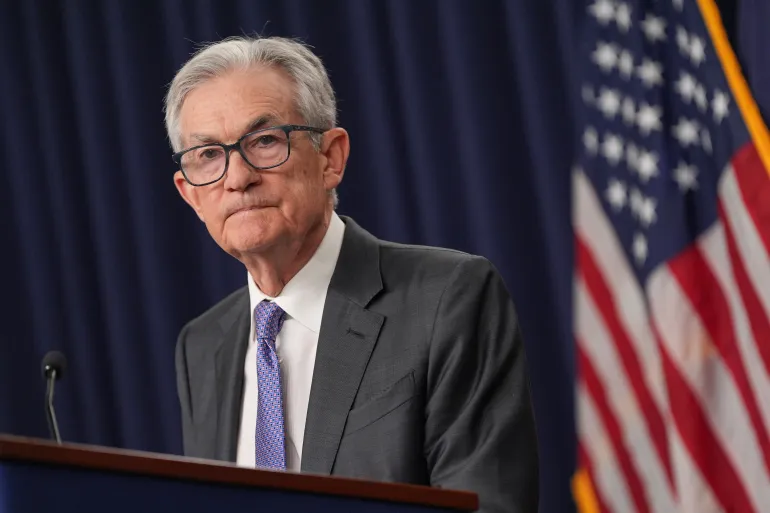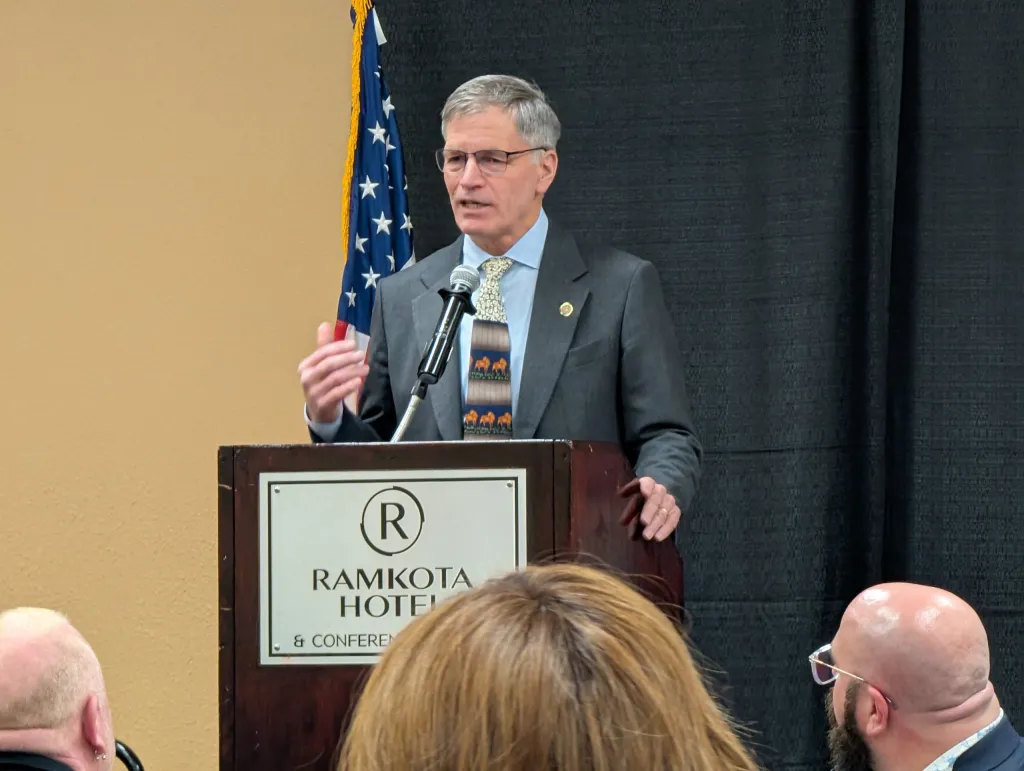Job openings in the United States unexpectedly rose in April, suggesting continued resilience in the labor market despite growing economic headwinds and trade policy uncertainty.
According to the Bureau of Labor Statistics’ Job Openings and Labor Turnover Survey (JOLTS), employers listed approximately 7.4 million open positions in April, an increase of 191,000 from the previous month and higher than the 7.1 million forecast by economists. The uptick was driven largely by gains in private-sector industries such as professional and business services, and health care and social assistance. At the same time, state and local education saw a decline in openings, while federal government vacancies increased.
The ratio of job openings to unemployed workers remained close to March levels, at 1.03 to 1, indicating that there are still slightly more job openings than there are job seekers.
Other indicators in the report were mixed. Hiring rose by 169,000 to 5.6 million, while layoffs declined by 196,000 to 1.79 million. However, the number of workers voluntarily quitting their jobs — often seen as a sign of confidence in the labor market — dipped by 150,000 to 3.2 million.
Economists noted that while the data reflects ongoing strength in employment, it also suggests the labor market is gradually normalizing after several years of pandemic-related disruption.
“The labor market is returning to more normal levels despite the uncertainty within the macro outlook,” said Jeffrey Roach, chief economist at LPL Research. “Underlying patterns in hirings and firings suggest the labor market is holding steady.”
The JOLTS data precedes the release of the closely watched May nonfarm payrolls report, expected Friday. Forecasters anticipate job growth of about 125,000, a slowdown from April’s 177,000 gain, with the unemployment rate holding steady at 4.2%.
Separately on Tuesday, the Commerce Department reported that new orders for manufactured goods fell 3.7% in April, a sharper decline than the 3.3% drop predicted. Shipments were down slightly, and inventories edged lower, reflecting a potential softening in business demand following earlier stockpiling efforts ahead of new trade tariffs.
Uncertainty surrounding US trade policy, particularly recent increases in tariffs under President Donald Trump, continues to weigh on business sentiment. Some companies report delays in hiring and investment decisions as they await further clarity on future trade conditions.
Federal Reserve officials are closely monitoring labor and manufacturing data to gauge the economy’s direction. While there are concerns that tariffs could eventually impact hiring and inflation, recent data have yet to reflect significant disruption. The Fed is widely expected to keep its benchmark interest rate steady between 4.25% and 4.5% in the near term, with markets anticipating the possibility of a rate cut later in the year.
Atlanta Fed President Raphael Bostic noted Tuesday that despite growing uncertainty, he has not yet observed major shifts in employment trends.
“At the macro level, I haven’t gotten sort of a strong overarching picture or impression that things are moving in a significant way,” he said.
With input from Market Watch, CNBC, and Bloomberg.










The latest news in your social feeds
Subscribe to our social media platforms to stay tuned